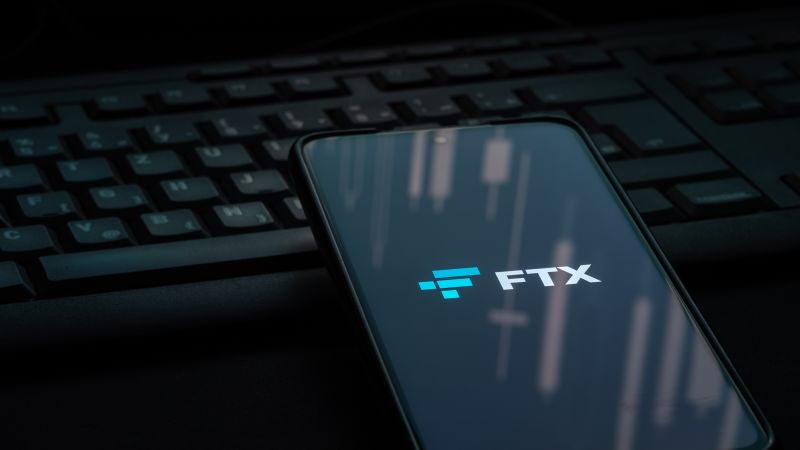
FTX seeks to claw back money donated to politicians
New York
CNN
—
The new management of FTX is pressuring hundreds of politicians and political organizations to return millions of dollars donated by the crypto platform or its founders before it went bankrupt last year.
The company, which collapsed in November and is now at the center of a massive federal fraud investigation, said it was sending “confidential messages” to political figures, political action funds and other recipients as it seeks to claw back assets to repay its estimated 1 million creditors. In a statement on Sunday, FTX said the donations need to be returned by the end of the month. If they aren’t, FTX said it reserves the right to sue recipients.
“To the extent such payments are not returned voluntarily, the FTX Debtors reserve the right to commence actions before the Bankruptcy Court to require the return of such payments, with interest accruing from the date any action is commenced,” the statement reads. The company added that recipients who gave the funds to a third party, including a charity, aren’t off the hook.
In FTX’s heyday, founder Sam Bankman-Fried was a fixture in DC politics, lobbying for light-touch regulation of the nascent crypto industry and becoming one of the largest contributors to the Democratic Party. Bankman-Fried himself gave roughly $40 million to campaigns and political action committees, largely backing Democrats, during the 2022 midterm election cycle, according to Federal Election Commission records.
Bankman-Fried later told journalist Tiffany Fong that he donated an equal amount to Republicans but that those donations were “dark.”
Federal prosecutors say that FTX, at the direction of Bankman-Fried, stole funds from customer deposits to make political donations, buy luxury real estate and cover losses at his hedge fund, Alameda Research.
Bankman-Fried pleaded not guilty to eight counts of fraud and conspiracy last month. Two of his former associates, meanwhile, have pleaded guilty and implicated Bankman-Fried in the alleged crimes.
Separately, on Monday, FTX’s CEO John Ray III, who took over for Bankman-Fried when the firm filed for bankruptcy, testified about the company’s cybersecurity infrastructure, which he called “very loose” and “vulnerable.”
“Literally one of the founders could come into this environment, download half a billion dollars’ worth of wallets onto a thumb drive and walk off with them, and there’d be no accounting for that whatsoever,” he said, adding that such lapses would be “virtually unthinkable…in a controlled environment.”
He described the process of securing FTX customer passwords and wallets in the first 48 hours of his leadership as “pure hell.” Ray became CEO in November, replacing Bankman-Fried. In the weeks between November 11, when he took over the company, and the end of the year, Ray told the court that he made approximately $690,000 in fees, excluding expenses.
Ray’s testimony underscored his previous accounts of stepping into a business in complete disarray. Ray, who oversaw the liquidation of Enron, said in November that had never seen such a “complete failure of corporate controls” and absence of reliable financial statements in his career.
The judge in the case was weighing an effort by the US Trustee, which represents the Department of Justice in bankruptcy cases, to install an independent, court-appointed examiner to oversee FTX’s bankruptcy.
Lawyers for FTX argued against such a a move, saying that an examiner would be duplicative, wasteful and costly, with the burden being shouldered by FTX creditors.
The US Trustee argued that the allegations of fraud and misconduct are “too important to be left to an internal investigation.”
Judge John Dorsey has not yet ruled on the examiner issue.
